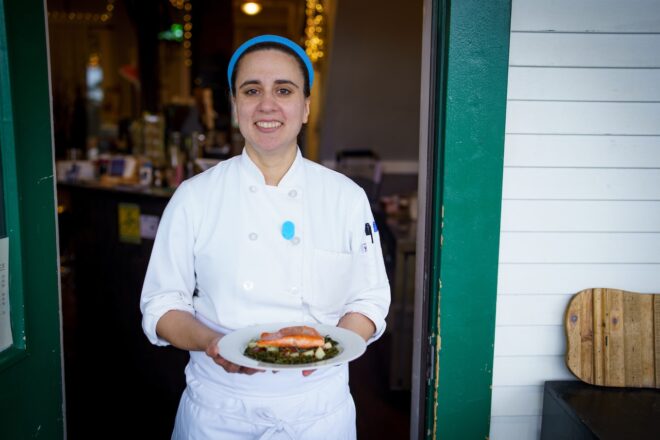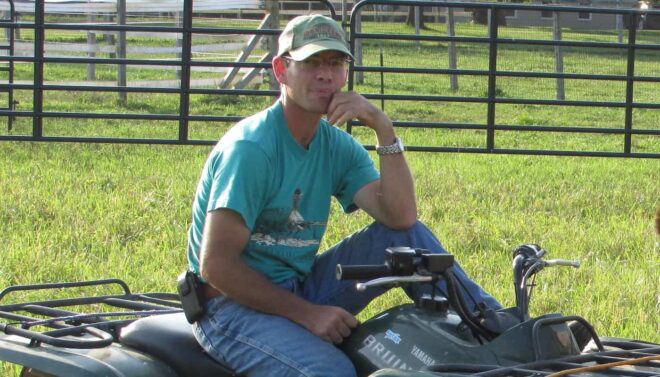72 West
Editorial Team
8 min read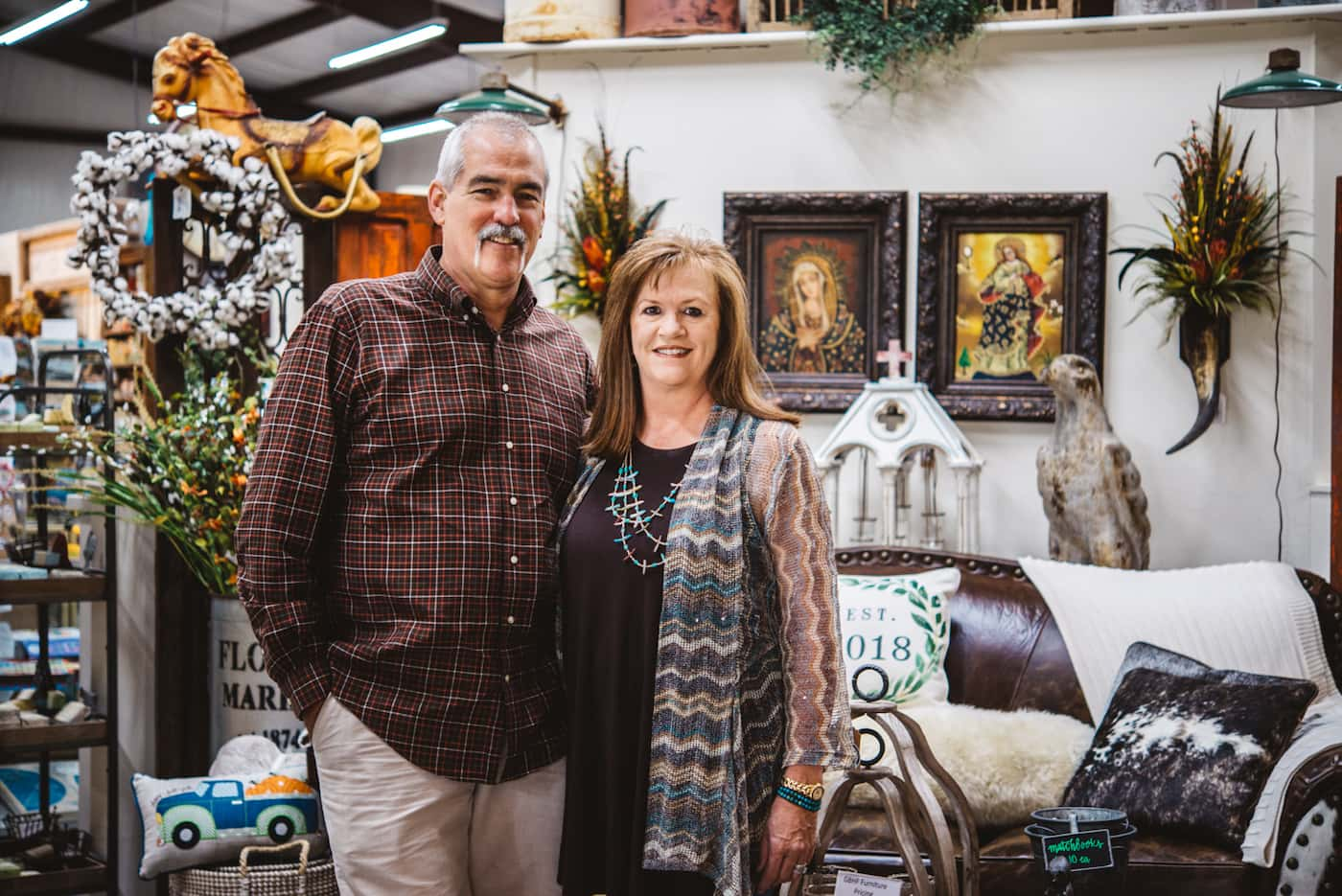
In this installment of Meet the Merchant, we speak to Steve and Jill Mitchael of 72 West, a retail gift store with antique goods and one-of-a-kind finds in Centerton, Arkansas. The couple discuss how they transformed their passion for “junking” into a thriving retail business, how they’ve operated through the pandemic, and what makes their treasure trove store so unique.
Our Meet the Merchant series features Q&As with real-world Clover merchants. Read our full catalog for innovative ideas and real-life stories of small businesses in action.
Clover: Tell us a little bit about 72 West. Why did you start the business?
Steve Mitchael: Jill and I both worked for Wal-Mart Stores. I worked in the real estate division, and Jill worked in merchandising and operations. We both shared a passion for antiques, or as we call it, junking. We’ve done a lot of that over the last almost 18 years. As such, we’ve acquired a pretty good amount of stuff. And in doing that, we decided that we wanted to plan on having an antique store as a retirement hobby–we both don’t like to just sit still. After going to the market for the first time, we decided that rather than just doing an antique store, we would do what is fashionably called a boutique, carrying both new and vintage merchandise. We acquired the property where we currently are, built the building specifically for our needs, and opened in 2018.
Clover: How do you choose your store’s inventory? What makes you think, ah, that thing fits our store?
Jill Mitchael: We look for things that are very unique and different, something different than what everybody else carries, something that also goes with the vintage feel. Our store has evolved into more of a gift store/vintage market. We have baby gifts, jewelry, candles, home décor, antiques, and even fishing lures. It’s evolved into that from us watching what customers buy and want, while also making sure that it falls in line with the feel of the place we have. We make sure that we’re getting stuff from vendors that no one else carries in the area. Uniqueness is definitely one of the top things that we look at.
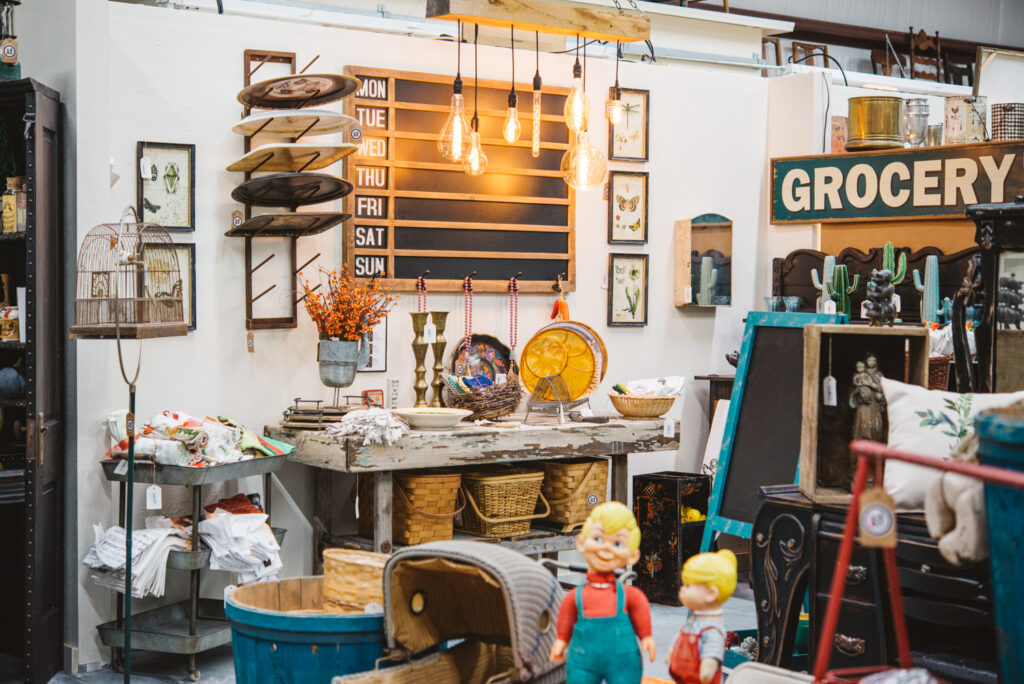
Clover: Could you give me an example of something you carry that nobody else in the area does?
Jill: We have vases, from India, that are made out of the root of a tree that was dug up and then had molten glass poured into the top of the tree root. We’ve sold a tremendous amount of those because they’re something unique that is very artistic.
We also carry marbles–the kind of marbles our parents played with when they were kids. One of the reasons we carry them is they go with the vintage feel of a day gone by. We thought it would be neat for parents to have something to show their kids that they played with. We have a lot of people who come in specifically for marbles. We also carry old marbles that are expensive and unique to the store, such as sulfide marbles–made in the 1800s. They’re really rare and hard to get ahold of. We have a lot of collectors that come in for those.
Clover: How have you developed relationships with the vendors that you work with?
Steve: Jill and I buy almost all of the vintage things. We have a few people that bring us items once in a while and want to sell us them. But as for the new merchandise, we’re dealing with wholesalers in the industry. We’re constantly looking for people that make things. We have a line of high end furniture made by a woman in Kansas. We have an exclusive with her, and we’re always on the lookout for things like that.
Clover: Does this give you an opportunity to travel around looking for things?
Steve: Yes, we travel a lot to get vintage items. We usually hit yard sales, estate sales, flea markets, whatever we can find. We’ve shopped as far away as California, but most of the traveling that we do is in the Kansas, Oklahoma, Texas, Missouri, and Arkansas range. For the newer items, we go to Market, a sort of a global term for buying stuff wholesale. They’re held all over the country from California, Vegas, Dallas, North Carolina, New York, and Atlanta. Rather than buying an expensive plane ticket to North Carolina, New York, or Vegas, we found that it’s easier and cheaper to drive to Dallas. We know that controlling expenses allows you to have a leg up on your competition. We watch every penny so that we can pass better pricing on to our customers.
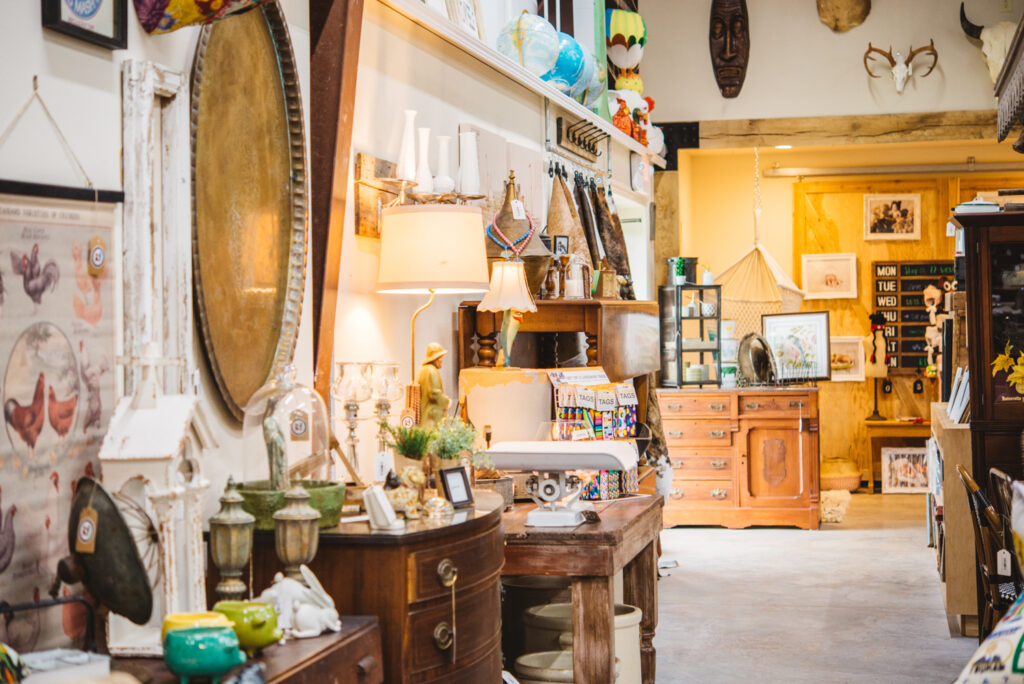
Clover: How did you come to use Clover as your store’s POS system?
Steve: We purchased another POS system and three weeks before we opened, we called the POS sales rep to say we were ready to fire this thing up and get the inventory rolled over and so forth. He had moved to Louisiana. We talked to him a couple of times over the following two days, and it was pretty apparent that not only was he not going to be able to help us over the phone, but he truly didn’t know what he was talking about. So, we called a friend of ours and said “We’re in trouble. We’re opening in three weeks, and we don’t have a POS system. Can you help us?” Within about three hours, we had our local Clover rep sitting in our building. He had his demo model, and we went through the demo. We loved it. We signed the contract that night. Within about eight months, we were a preferred referral partner. We loved it that much.
Clover: How do you use your Clover POS system? What do you like about the system and its apps now that you’ve been using it for a while?
Jill: We use Easy Labels, which is super easy, every single day. We typically use our own barcodes, which are generated through that app. We don’t want everyone to be able to scan the UPC code and figure out what vendor we got stuff from and price shop elsewhere. We also use Homebase to schedule all of our employees. The thing that’s great about that is it communicates to our employees via their cell phones, so they always have their schedule. It’s super easy for employees and for us. If we ever run into technical problems or an app isn’t working right, the call me button is awesome. It’s incredible that you can get somebody on the phone, they can dial directly into your system, and in a matter of minutes, solve whatever problem you’re having.
Steve: All the apps are very easy to understand and are very easy to use. I also like the fact that over the course of the last year, the Virtual Terminal app on my phone has really allowed me to manage the business when I’m away from the store. As far as the system itself, the way it functions and the speed at which it operates has really built a lot of trust in our customers. They feel very comfortable using it. The fact that it takes any form of payment, including Apple Pay, people absolutely love that.
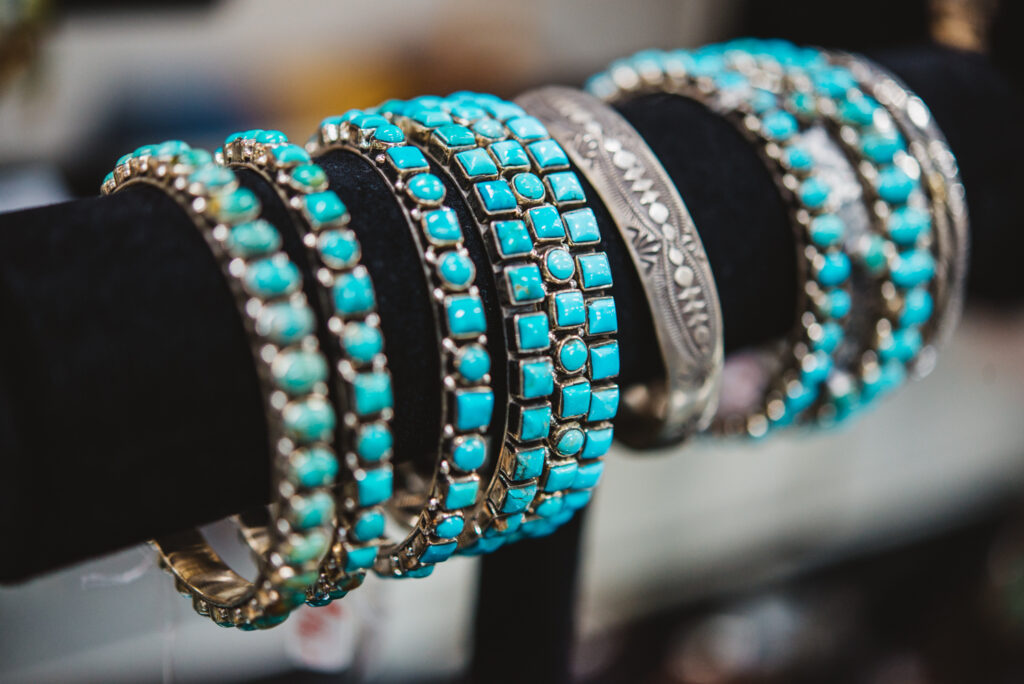
Clover: How did the pandemic affect your business? Do you take any safety measures in the store?
Steve: We closed for four weeks. We did continue to pay our employees through our shut down. It wasn’t their fault, and we didn’t want them to have to go through unemployment problems. We also didn’t want to risk losing those employees because we’ve invested so much in them. When our Governor declared that things could start to reopen, we reopened. We have been absolutely overrun with customers almost every day since. It’s been phenomenal, the response. We clean our store probably way more than anybody else does in the retail industry.
Jill: It’s about making the customers feel safe and comfortable shopping in our store. We also purchased quite a bit of personal protective equipment for ourselves and for the employees. We’ve invested a lot in cleaning supplies, just to make sure that every day we’re cleaning in a way that makes the employees feel good about what we’re doing and let the customers know that we’re keeping things as safe as possible for them.
Clover: From what you’ve learned so far, what advice would you give to other small businesses?
Steve: Partner with others to benefit your business. What we’ve found is that the more we partner with other people, the better our word gets out. For example, we have a coffee shop in our parking lot. We advertise for them, and they advertise for us. We’ve both done very well in growing our businesses. We continue to look for ways to partner with cities, organizations, and other businesses to benefit both us and them because we recognize the value in doing so.
Read more of our Meet the Merchant stories for real-life stories of small businesses in action all over the country. Want to be featured in this series? Fill out our questionnaire, and if we can include you in a future interview cycle, we’ll send you an invitation!
Related Posts
Beak Restaurant
Destiny Farm Cattle
Popular Topics
Stay in touch
Sign up and learn more about Clover.
Thank you for your subscription!
More posts about starting a small business
eBook
